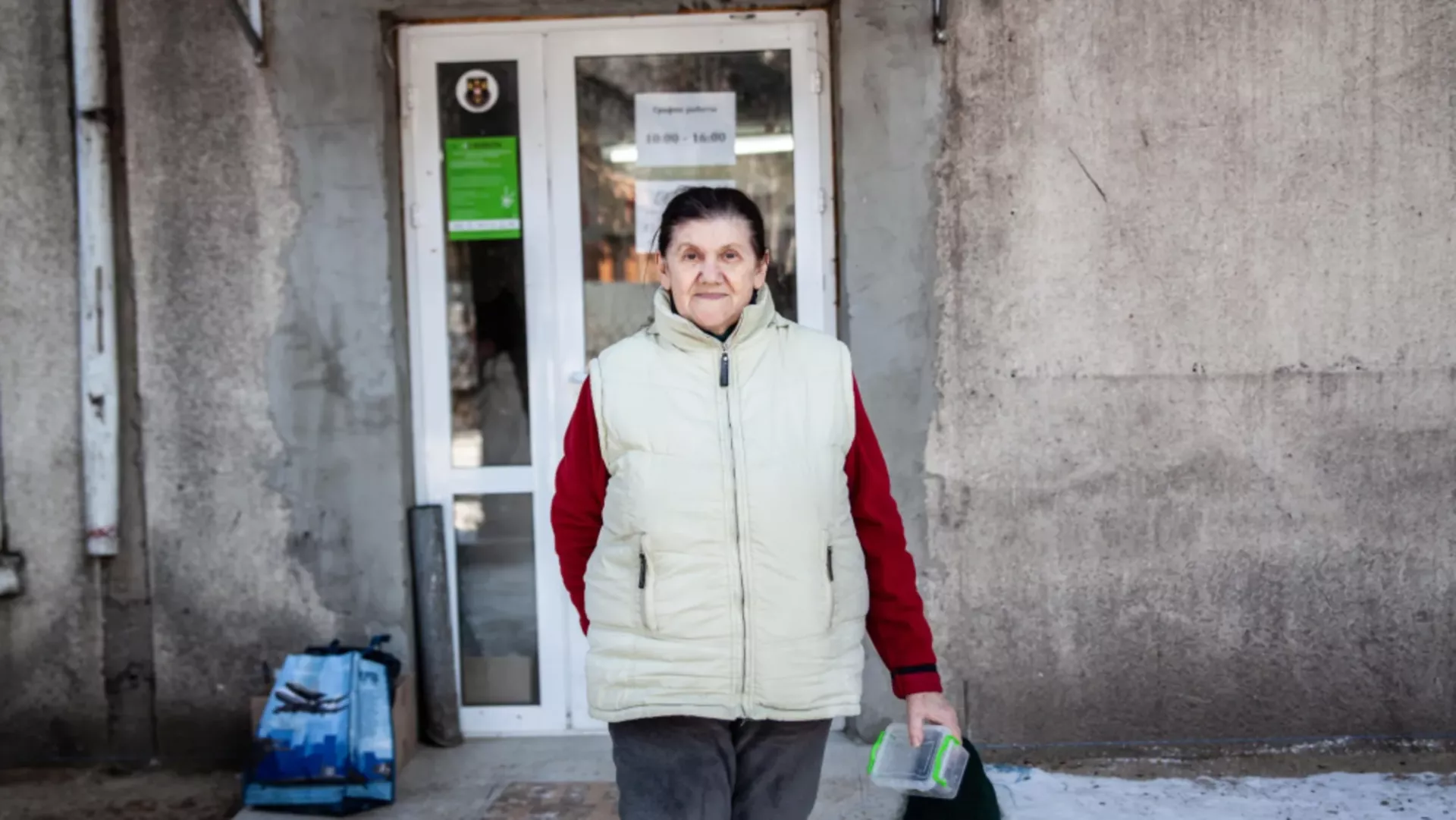
Humanitarian context
Five years after fighting against Daesh ended, and despite some positive developments, insecurity continues to prevail in Iraq, where 2.5 million people are in need of humanitarian aid. The erosion of national social cohesion, the incomplete restoration of basic services and livelihoods, climate change, growing water stress and the cyclical risk of cholera epidemics jeopardize the country's fragile stability.
BENEFICIARIES
workers
Water, Sanitation and Hygiene
FOOD SECURITY AND LIVELIHOODS
EXPATRIATES
NATIONAL
Our activity
Action Against Hunger rehabilitated drinking water supply systems in schools and helped local authorities detect leaks in community water networks. It also launched a participatory tool to analyse water stress risks, consulted communities to strengthen environmental standards, and continued to raise public and authorities' awareness of good hygiene and water management practices.
We made commitments with farmers to promote agriculture that is resilient to climate change and water scarcity, and we supported vulnerable displaced households through cash transfers that help meet their needs. We also strove to revive the local economy, supporting small businesses with grants and training owners so their businesses can thrive.
In order to reduce stigma and taboos surrounding access to mental health, Action Against Hunger provided direct services and training in mental health, psychosocial support and community protection. We also worked to strengthen social cohesion, analysing the dynamics of conflicts to provide responses tailored to the needs of communities.
WHERE WE HELP
We help 24.5 million people each year. We work in 55 countries in Africa, Asia, Latin America and Europe, those most threatened by hunger.
EYEWITNESSES
IN NINEWA, NORTHERN IRAQ, MANY PEOPLE SUFFER FROM MENTAL AND PSYCHOSOCIAL DISORDERS AFTER DECADES OF CONFLICT AND DISPLACEMENT.
Nearly a fifth of IDPs living outside camps report psychosocial distress. Among the most common symptoms are isolation, difficulties in coping with their emotions, but also higher rates of suicide, domestic violence and divorce. Stress, anxiety and gender-based violence, in particular, remain substantial among displaced persons, returnees and refugees. However, mental health care is not widespread: most health centres do not offer such services and mental health is not part of the curricula of health workers.
In 2022, Action Against Hunger conducted awareness campaigns in the area to promote acceptance and mental health awareness. Participants from local civil society organisations and volunteer teams were invited to awareness-raising sessions, focusing on the acceptance of mental health issues, gender-based violence, child protection and existing referral pathways for survivors.
Abdul Karim, 27, participated in one of these basic training courses in mental health, psychosocial support and protection provided by Action Against Hunger, focusing on the referral of gender-based violence and child protection cases to appropriate care. Abdul Karim sees the lack of mental health awareness within this community as a major obstacle for displaced and returnee families trying to resume their lives. In particular, "mental health stigma and community fear due to lack of information about mental health problems" prevents many community members from accessing help, as they fear they will be humiliated or rejected if they ask for help. He highlights the absence of specialised health centres offering adequate mental health services.
The training provided Abdul Karim with more knowledge about the consequences of GBV, such as the risks of suicide and addiction, as well as referrals and support options for survivors. He said he had a better understanding of the pressures and challenges faced by survivors. "After the training, I was able to sensitise other members of my community. Many had no knowledge of mental health, so the knowledge I gave them helped them to become aware," says Abdul Karim. He believes that the support provided by Action Against Hunger continues to be reflected in his daily life: "I share all this information with my family, give advice to my friends and help them understand mental health and how it directly affects our lives."
A few weeks after the training, he recalls that he organised an awareness-raising session in his community to promote acceptance and access to much-needed mental health services. "There was a 22-year-old girl with depressive symptoms and suicidal thoughts," he describes. Thanks to the knowledge of mental health and referral pathways that he had acquired during the training, Abdul Karim was able to refer her to one of the active primary care centres in her community, where he knows that ACF-trained health workers could help her with quality mental health services. "Her condition improved after receiving mental health services, and her suicidal thoughts changed, which gave her hope," says Abdul Karim.
